Discover The Egyptian Nubian Village Tours in our special program:
Experience for the 1st time the captivating culture of the Nubian People with their unique traditions with your own Nubian Guide. see first-hand how the traditional Nubian natives live their daily lives and maintain the cultural identity not just from the way they act but also from the way the speak.
every Egypt Nubian village tour itinerary we have must and will include an entire section dedicated for Nubian cultures, locations, and traditions.
Nubia: The Timeless Precious Land of Egypt
On the banks of the eternal Nile River, south of Aswan, lies the Nubia region, also known as the “Land of Gold,” a name given by the ancients thousands of years ago. Filled with the fragrance of history and the smiles of its kind, dark-skinned people, Nubia’s residents are known for their generosity and warmth, much like the Nile itself.
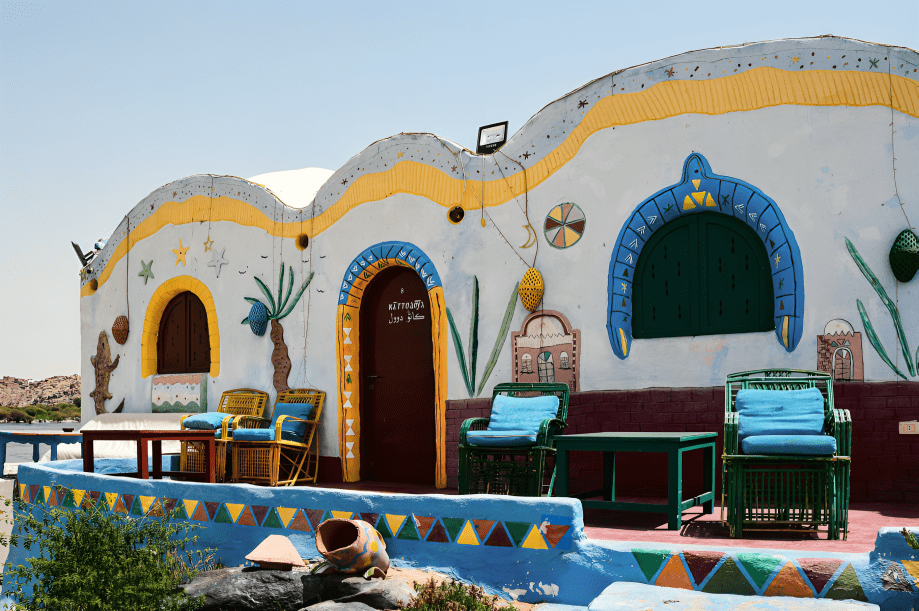
The people Nubia, with their pure dark skin, kind and welcoming spirit, intelligence, loyalty, patience, high morals, and commitment to preserving their rich social customs, reflect the beauty of this region.
Nubia, with its breathtaking landscapes, the flowing Nile, clear skies, and beautiful houses adorned with expressive drawings and calm colors, is a land rich in history. While the world was still in darkness and living in caves, Nubia enjoyed civilization, knowledge, and progress.
The name “Nubia” is first used from the ancient Egyptian Hieroglyphs word “Nub,” which means gold. Hence, the region is often referred to as the “Land of Gold,” famous for its gold mines, which were once known as “Nubria.” this naming still exists for this day further solidifying the heritage of the Nubian people. Till now, there some Nubian tribes that speak dialects they are derived from the ancient Egyptian Hieroglyphic.
General Overview
Nestled deep in the southern region of Egypt, the city of Aswan is surrounded by numerous small islands and vibrant Nubian villages on the west bank of the Nile. These villages are a delightful sight, painted in bright colors and inhabited by the Nubians, whose population is fewer than 100,000.
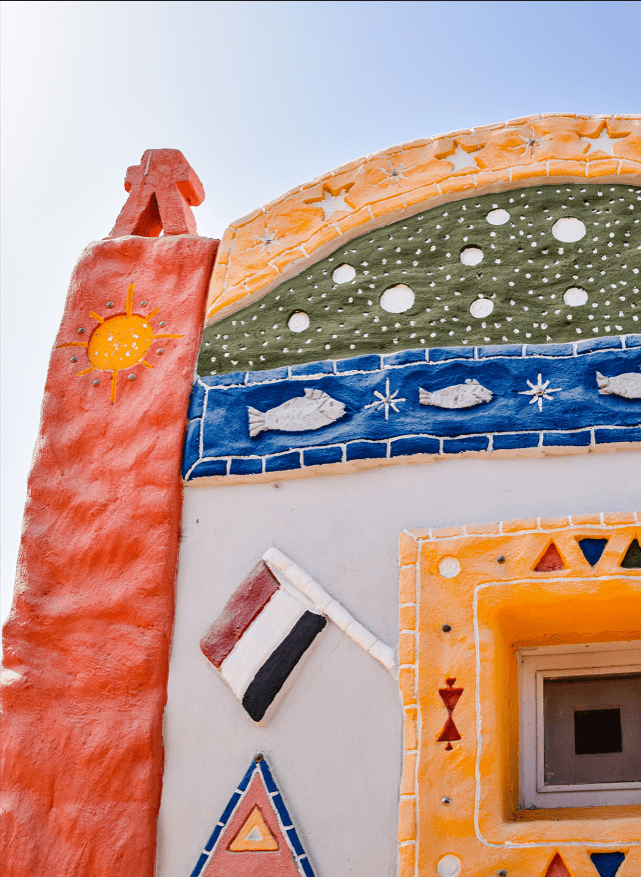
The Nubians speak their own distinct language and maintain traditions that set them apart from the rest of Egypt. Their roots trace back to Africa and Sudan, where their ancestors migrated in antiquity to cultivate the fertile lands along the Nile.
The Nubian villages have become a popular attraction in Aswan, making them an ideal destination for a day tour. A visit to these villages will undoubtedly capture your heart. The Nubian people are known for their warmth and incredible hospitality, welcoming visitors into their homes with open arms. The Nubians have dark skin and speak a language called Nuba or Nubian, which they hold sacred, often refusing to teach it to outsiders as part of their deeply rooted customs.
The Nubian houses, typically constructed from mud, are often painted in shades of blue or white, with palm trees and gardens dotting the landscape. We will reach this picturesque village by motorboat, crossing the Nile to visit one of the Nubian homes. There, we will be hosted by a local family who will graciously invite us to enjoy a traditional Nubian tea. Additionally, we will visit a local school, where a Nubian teacher will introduce us to the Nubian language by teaching us how to count in this unique dialect.
Nubia: A Historical Overview
The roots of Nubian civilization trace back ten thousand years. The ancient Egyptians referred to Nubia as the “Land of the Bows,” in recognition of its people’s exceptional archery skills. Nubia was home to major civilizations, with some kingdoms extending their influence over the entire Nile Valley, reaching as far as the Mediterranean Sea to the north. Throughout history, the Nubians served as Egypt’s first line of defense, protecting its southern borders.
The history of Nubia is rich with events and victories, and the Nubians were crucial in safeguarding Egypt’s southern frontier. King Menes, who unified Upper and Lower Egypt and founded the First Egyptian Dynasty, was of Nubian descent. When the Hyksos invaded Egypt, King Ahmose enlisted the skilled craftsmen of Nubia to help rebuild the Egyptian army, which ultimately expelled the Hyksos. The word “Nub” means gold, and the Pharaohs extracted gold from Nubia to craft their artistic heritage.
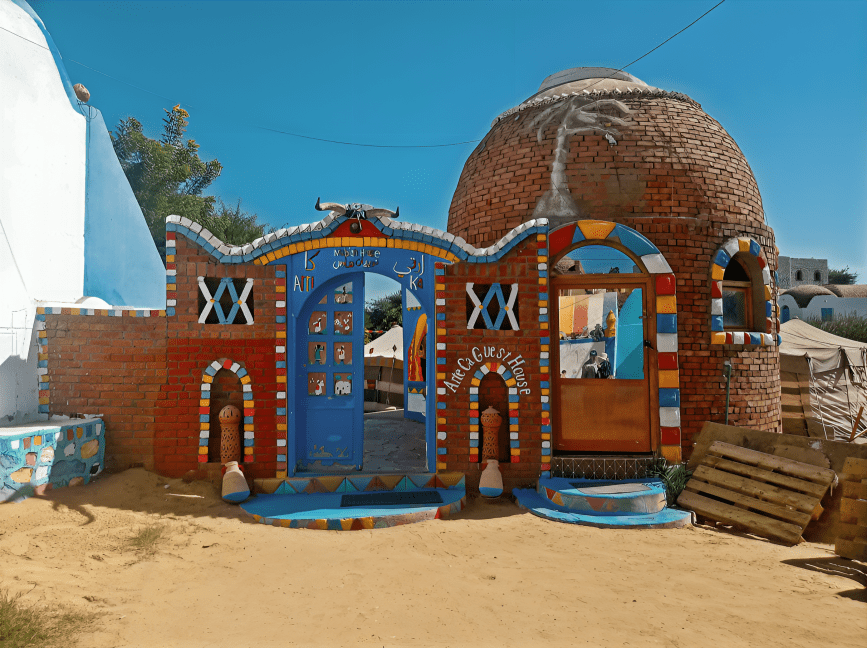
In modern times, Muhammad Ali relied on the Nubians to help form the Egyptian army. The Nubian people made significant sacrifices during the construction of the Aswan High Dam, demonstrating their commitment to the nation’s greater good.
The Nubian region comprises 38 villages and one town. A Nubian village or city typically consists of scattered dwellings, often located on one or both banks of the Nile and referred to as a “Nag’.” The Nile serves as the primary means of transportation in Nubia, as the region’s terrain makes the construction of land routes challenging. Nubians use Nile steamers and sailboats to travel between villages, while pack animals are used to navigate the mountain paths between nearby villages.
these events debunk various misconceptions that the Nubia people are an isolated bunch who just maintain their villages. they are an active part of both Ancient and modern Egyptian history
The Nubian Language
The “World Language Encyclopedia” defines the Nubian language as a Nilo-Saharan language spoken by the inhabitants of southern Egypt and northern Sudan, with approximately one million speakers. The Nubian language is divided into two dialects: the “Kenzi Nubian dialect” and the “Fadicca Nubian dialect.
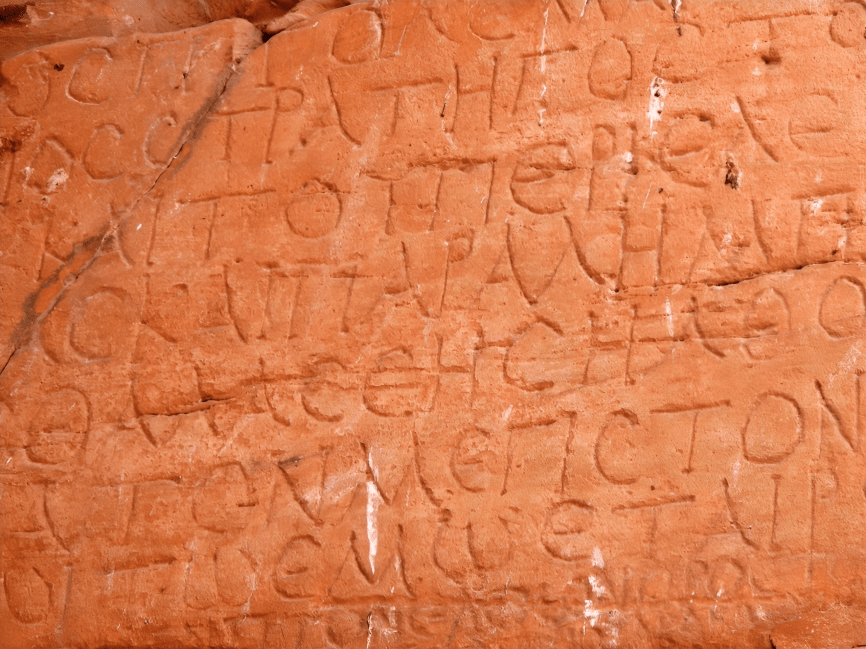
The Nubian language was also used in the 1973 war as an encryption for Egyptian communication rendering spying on Egyptian coms useless.
Nubian Art: Its Symbols and Meanings
Due to the unique environment that has blessed the Nubian people, their connection to the Nile River, and the distinctiveness of their society, Nubian art reflects the uniqueness of Nubian culture. This art is rich in symbols that convey traditional and mystical beliefs, seen in the tattoos worn by both Nubian men and women, the wall paintings that adorn the exteriors and interiors of homes, as well as in beaded crafts and woven palm leaf decorations.

Many decorative elements carry specific meanings: the sword symbolizes heroism and bravery, while the crescent moon and star represent optimism. Similarly, the black cat is also seen as a symbol of good fortune. In contrast, the crow and the owl are associated with bad luck and ruin. Flowers and roses symbolize friendship and love, while the pitcher and prayer rug represent purity and cleanliness.
Unique Marriage Customs
The Nubian community is distinguished by its unique customs and traditions, especially when it comes to marriage. Nubian young men typically marry between the ages of 18 and 22, while girls usually marry between the ages of 15 and 20. The marriage must be fully consensual between the bride and groom, preceded by an engagement period that may last a long time to allow for financial preparation and wedding arrangements. During the engagement, it is customary for the groom to provide a monthly financial gift to the bride, the amount of which is determined by the families. Gifts are also exchanged during holidays. The bride’s family contributes only a few symbolic gifts, while the groom is responsible for nearly all the household preparations.
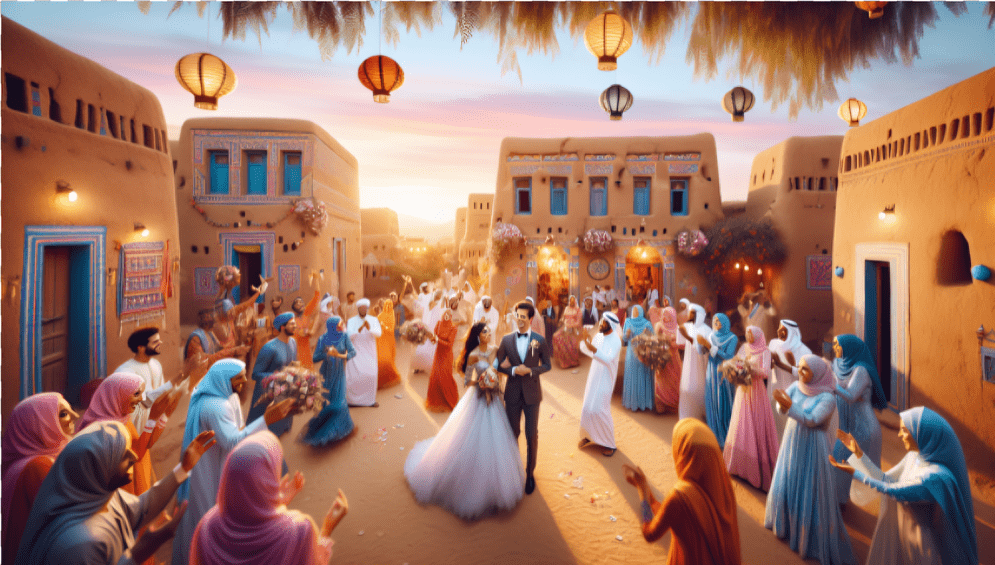
When a son is born, the parents celebrate the “Sebooh” (a traditional ceremony held on the seventh day after birth) by slaughtering an animal, reciting Quranic verses, and choosing a name for the baby boy. If the newborn is a girl, friends are invited to the Sebooh, where they accompany the parents to the Nile’s shore, and there, the baby girl is given her name.
Nubia World Day
Nubians celebrate Nubia World Day annually on July 7th. The idea for this celebration was proposed in 2004 by several Nubian groups, with Nubian intellectual Mohamed Suleiman Waliab leading the initiative to unify the date for Nubian Day events worldwide. The primary goal of designating a global day for Nubia is to celebrate its rich heritage and civilization. The Nubians chose the seventh day of the seventh month each year for Nubia World Day because of its deep connection to many Nubian traditions. For example, newborns are immersed in the Nile on their seventh day, women pass through incense smoke seven times after childbirth, and visits to graves after a death continue for seven days.
